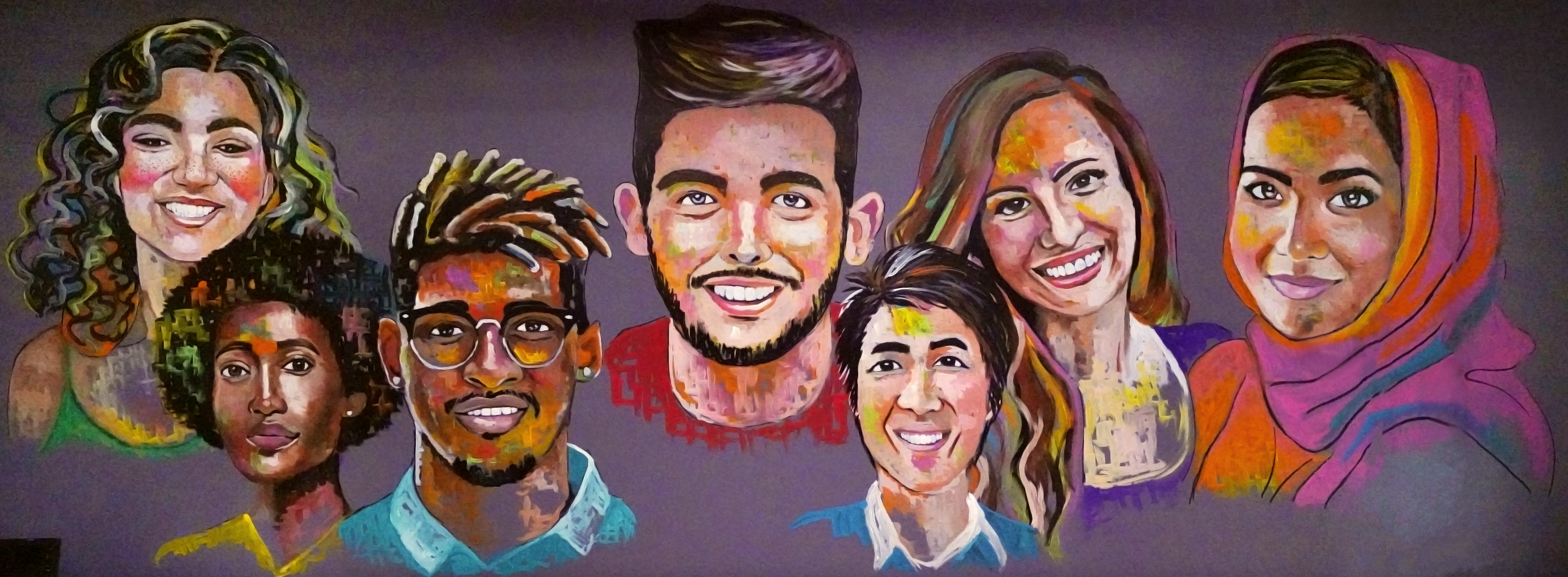Who We Are
We’re an independent team committed to helping US players find safe, reliable, and enjoyable best online casinos. Our purpose is straightforward: to deliver clear and trustworthy information so you can make informed choices about where to play.
With more and more online casinos appearing in the US, it can be difficult to sort through complicated offers, vague terms, and safety concerns. That’s where we step in. Every casino we feature is carefully researched, tested, and reviewed with a strong focus on fairness, security, and the overall player experience—so you don’t have to take unnecessary risks with your time or money.
Our Mission
We believe all players deserve:
- Safe Play – Licensed operators, secure transactions, and fair gaming.
- Seamless Experience – Easy-to-use sites with smooth navigation and mobile access.
- Authentic Reviews – Honest insights from real experts, never bots or paid content.
Our mission is to make online gaming across the US safer, simpler, and more enjoyable.
Why Trust Us?
- Proven Expertise – Years of real-world experience reviewing casino platforms.
- Unbiased Guidance – Only casinos that meet strict, transparent standards are recommended.
- Player-Focused Values – Your safety, trust, and enjoyment always come first.
What We Offer
- Detailed reviews of the best online casinos.
- Expert tips on payments, mobile play, and site performance.
- Up-to-date information on licensing, regulations, and responsible gaming.
- Helpful resources for safe and responsible play.
Our Promise
We will never:
- Sell or share your personal information.
- Recommend unsafe or unlicensed casinos.
- Publish false or misleading reviews.
Instead, we’re committed to providing honest, accurate, and transparent guidance that protects your time, money, and peace of mind.
Join the Journey
Whether you’re a newcomer or a seasoned player, we’re here to support you. Explore our reviews, learn how to identify safe casinos, and reach out with any questions.
Because online gaming should always be fun—and real confidence begins with playing responsibly.
